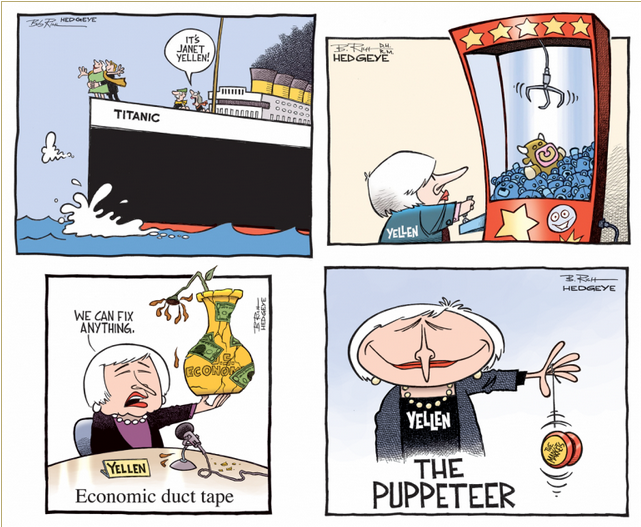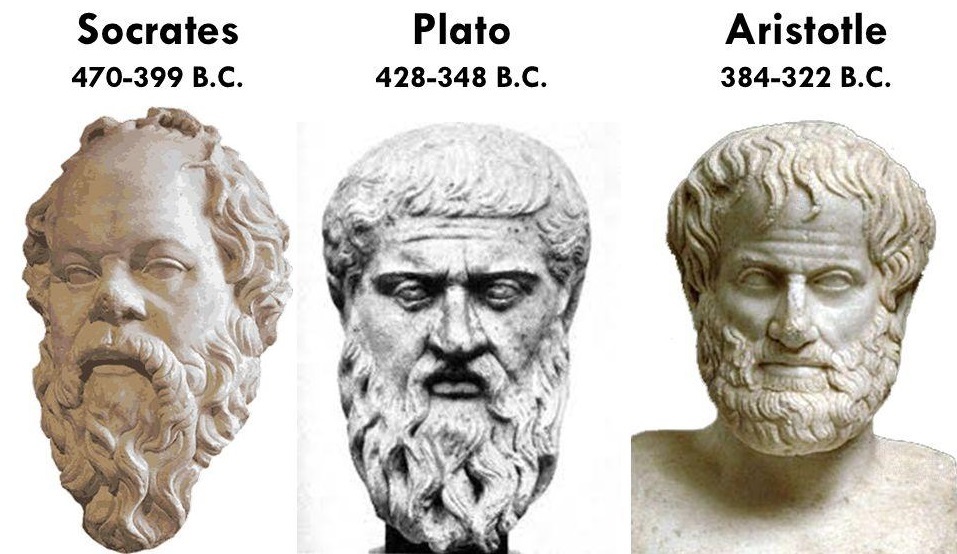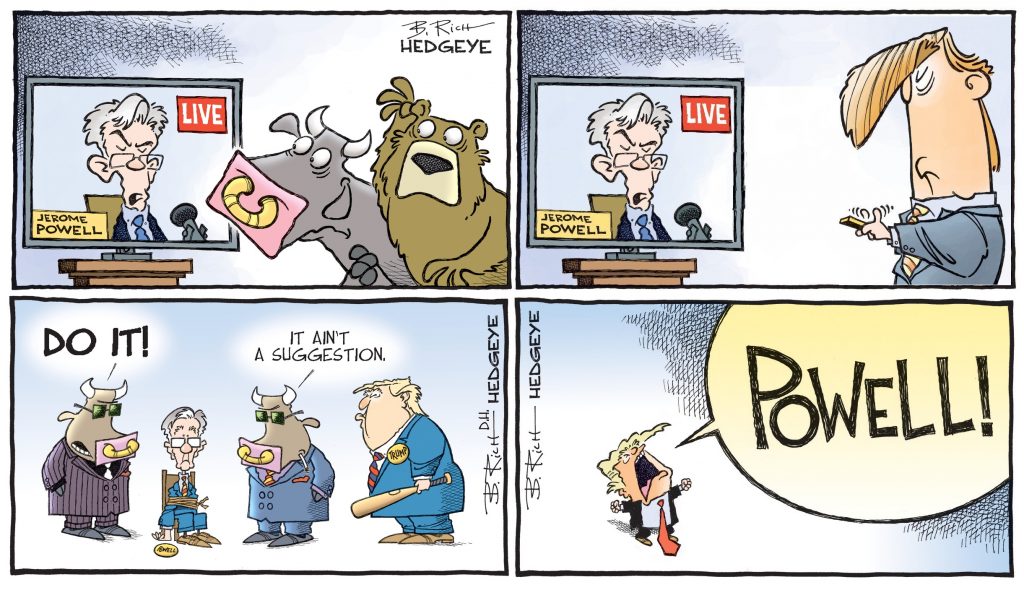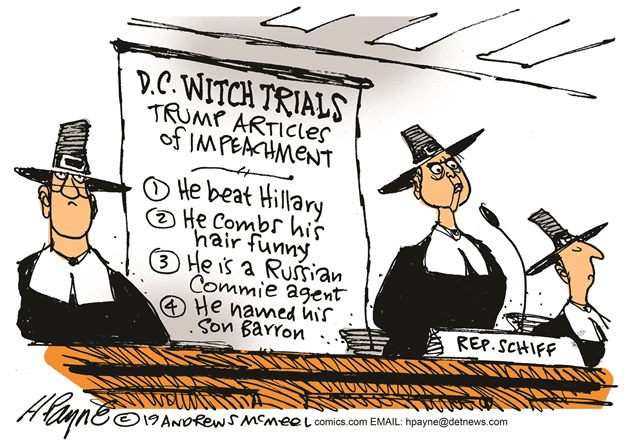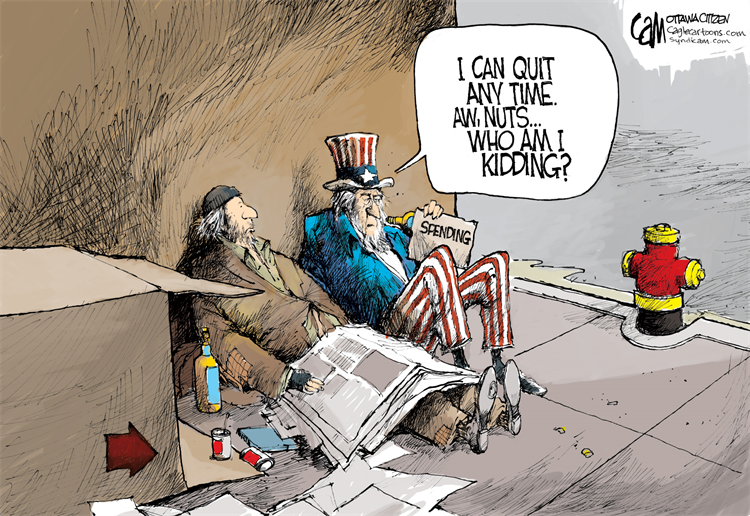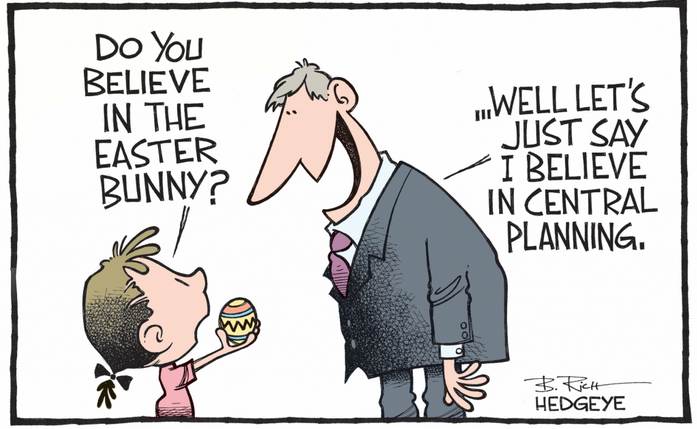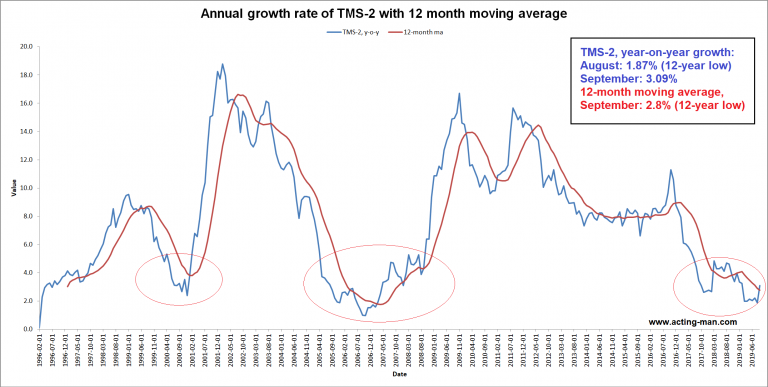“Bad” Monopolies?An argument against absolutely free markets comes up often. What about so-called natural monopolies? So-called infrastructure projects (e.g. sewage plants) have high barriers to entry, and are a challenge to true competition. Therefore, if left to private companies, they would become bad monopolies. So it is best for the government to provide them. I think there are answers on several levels.
Similarly, it is not the job of the economist to envision every business model in a free market. It is the job of a million entrepreneurs, each developing his own unique business model. Indeed, economists often make lousy entrepreneurs.
|
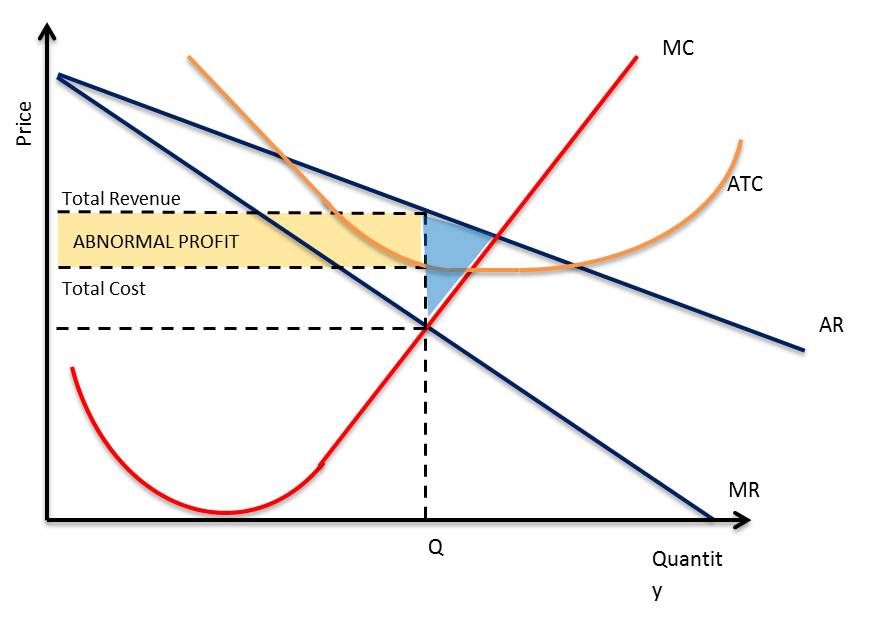 “Bad” Monopolies? An argument against absolutely free markets comes up often. What about so-called natural monopolies? So-called infrastructure projects (e.g. sewage plants) have high barriers to entry, and are a challenge to true competition. - Click to enlarge This is the kind of chart you will find in modern economics textbooks on the topic of “monopoly”. Allegedly, monopolies will achieve “abnormal profits” and their allocative efficiency will be sub-optimal as well, hence they are considered an example of “market failure”. Not to put too fine a point to it, this is complete bunkum (sorry, economics students – you are being taught piffle!). For one thing, there is not a shred of empirical evidence for this. On the contrary, over many decades, papers published in economic journals that have studied “natural monopoly” type situations throughout history, had to admit that the exact opposite of what this diagram suggests has actually happened in free competitive markets in which the State did not intervene on the suspicion that it had to counter the threat of a private “monopoly”. The theory on monopoly may look superficially convincing, if not for the fact that Rothbard came along in 1963 and completely debunked it in Man, Economy and State. We have a more detailed article on the topic in the works that will flesh out many of the points made by Keith here – stay tuned! (PT) |
Chart by: “Friedmanseconomy”
Chart caption by PT
Full story here Are you the author? Previous post See more for Next post
Tags: Human Condition,newslettersent,On Economy,On Politics


























